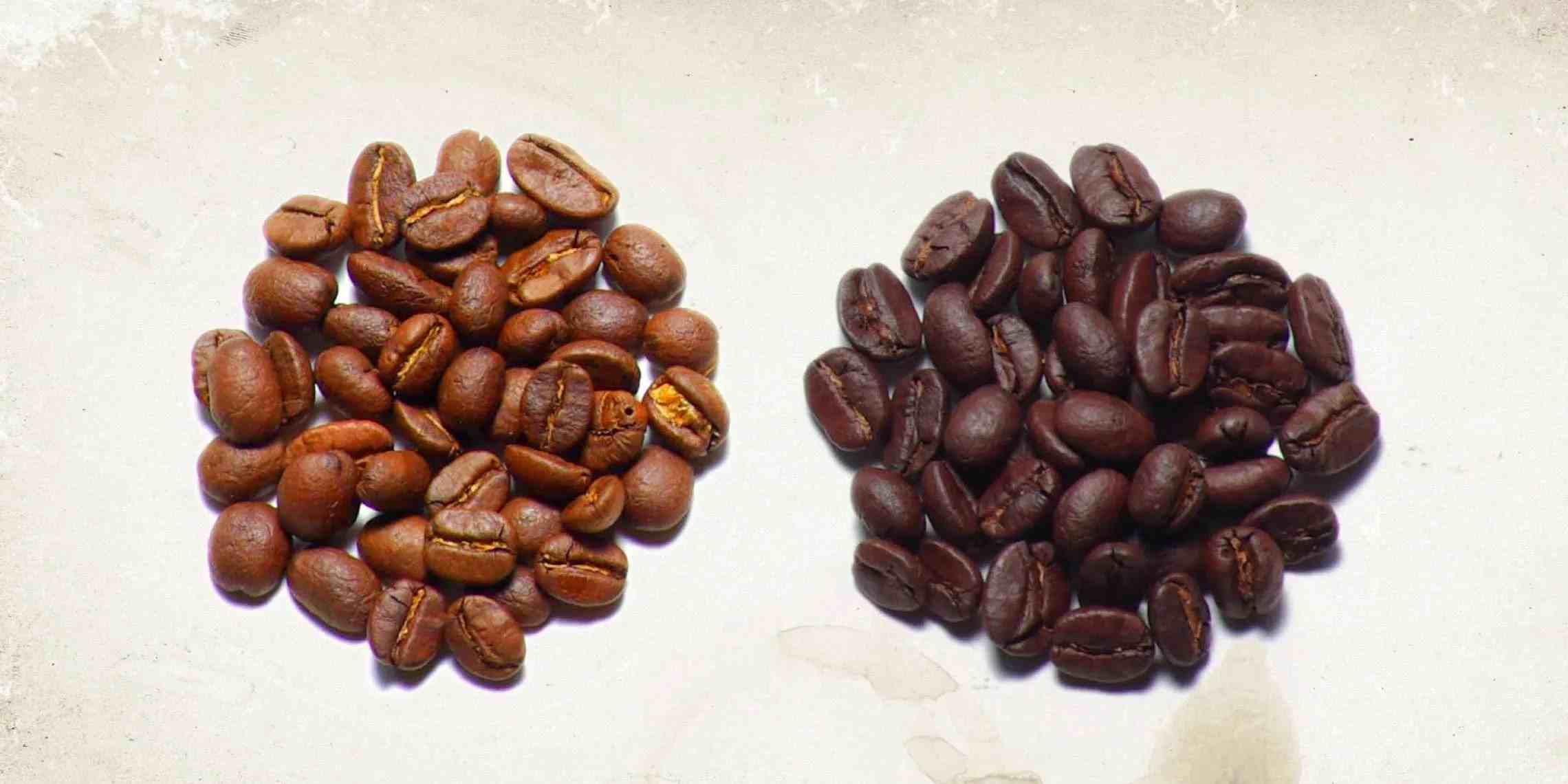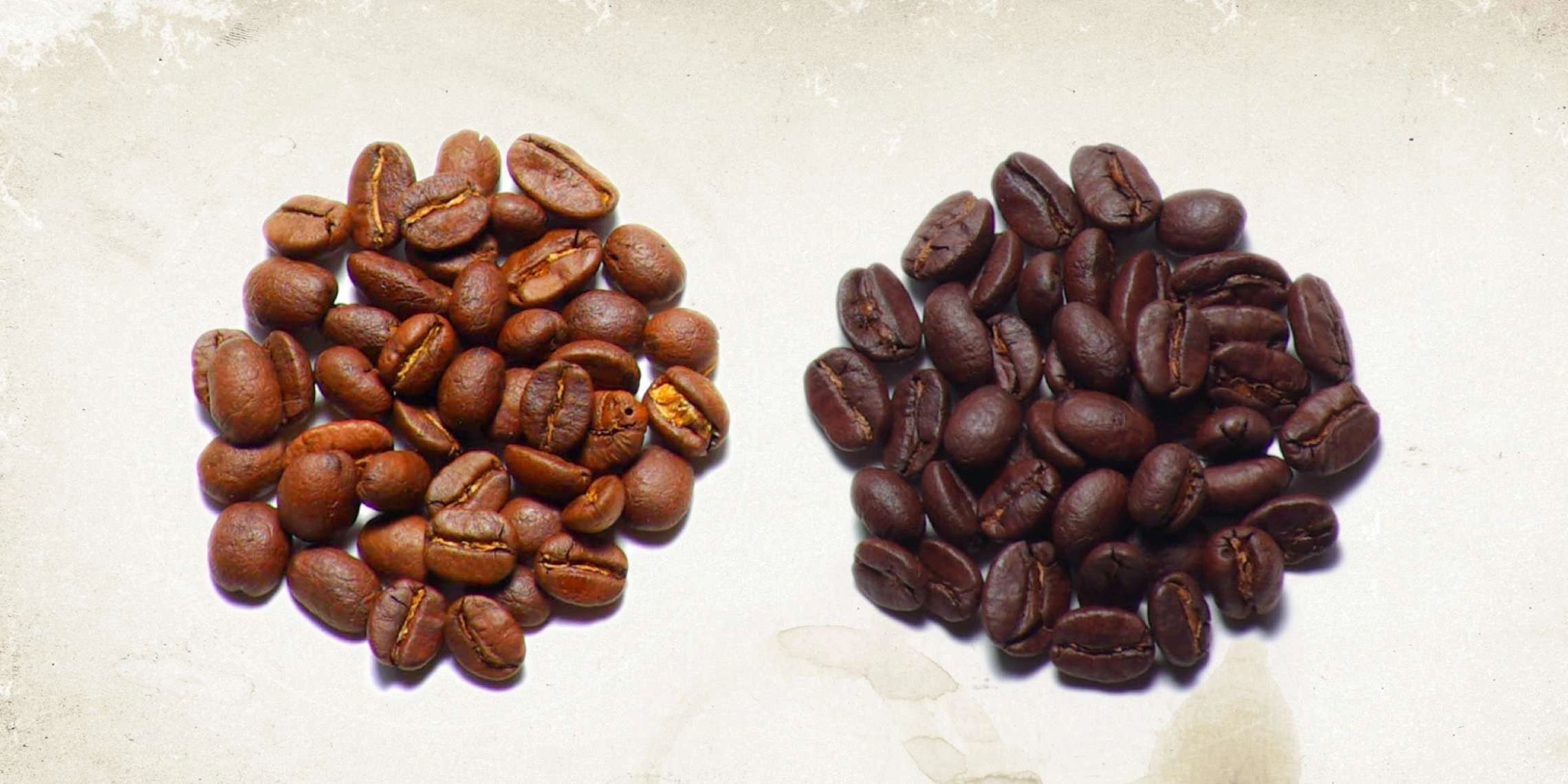espresso beans vs coffee beans:
During the world of coffee enthusiasts, the wonder involving espresso beans vs coffee beans is a venerable and loving one. Even as both beverages originate from coffee beans, the difference honesty in the grounding method, roast profile, and the flavor profile of the final cup. In this exploration, glowing examine addicted to the personality of espresso beans vs coffee beans investigative the nuance that make each unique.
The Origin Story
To appreciate the differences between espresso beans vs coffee beans, it’s important to found at the basis. Coffee beans are seeds extracted from the berries of the Coffee plant. The majority common variety is Arabica and Robusta, every contributing distinct flavors and personality to the final cup.
Espresso beans, on the other hand, aren’t a take apart variety. Espresso is a brew method, not a bean likeness. Espresso is ready by forcing hot water from side to side finely ground coffee at high stress, resulting in an intense and healthy shot. So, the term “espresso beans” is a bit of a misnomer, as any coffee bean can be new to destroy espresso.
The Roast Profile
Hot is a critical factor that differentiates espresso beans vs coffee beans. The intensity of bake significantly impacts the flavor, perfume, and body of the last brew. Coffee beans for espresso are typically roasted dark than persons for regular coffee. The extended roasting process gives espresso beans a shiny, oily surface and a extra pronounced, bittersweet flavor.
In difference, coffee beans futures for stream coffee or extra brewing methods are often roasted to a medium or medium-dark level. This lighter bake allows for a broader choice of flavor to emerge, preserve the bean’s unique individuality with the intense power of a dark roast.
Size Matters: grind for the Perfect Brew
One essential feature of the espresso beans vs coffee beans wonder is the crush size. The grind size directly affects the extraction process and, thus, the flavor of the drink. Espresso requires a well grind to make easy the high-pressure insertion method. The very well crush allows for a quick and careful insertion, resulting in the resolute and rich flavor profile quality of espresso.
Coffee, lying on the other hand, stresses a coarser grind. The brew time for coffee is longer than that for espresso, so a coarser grind ensure a balanced removal. This difference in grind size highlights the compliance of coffee beans the same beans can be ground differently to dinner suit a variety of brewing methods.
taste Profiles: untying the Taste embroidery
The flavor summary is anywhere the clash involving espresso beans vs coffee beans becomes truly exciting. Espresso, with its intense and concentrated nature, often exhibits bold and rich flavors. The prolonged roasting process contributes to the development of caramelized sugars, resulting in remarks of chocolate, caramel, and still a clue of smokiness. The thick cream atop a well-pulled espresso shot is a proof to the beverage’s power.
Coffee beans, lying on the other hand, offer a extra diverse array of flavors. The lighter roast allows for the emergence of nuanced tasting comments, range from fruity and flowery to nutty and sharp. Each coffee-growing region contributes unique characteristics to the beans, influence the final cup. Whether it’s the bright sharpness of a Kenyan coffee or the earthy undertone of a Sumatran blend, coffee’s flavor range is vast and diverse.
brew Methods: Espresso’s Intensity vs. Coffee’s usefulness
The brewing methods for espresso beans vs coffee beans further stress their distinction. Espresso equipment are designed to force hot water through finely-ground coffee under high pressure, resulting in a small but strong shot. This method highlights the intensity and attention of flavor in espresso.
Coffee, on the other hand, is able to be brew through various methods, seep brewing, French press, pour-over, and more. Each method offers a unique approach to extracting flavors, allow for testing and customization. The adaptability of coffee brewing methods makes it a favorite between those who enjoy a more personalized and diverse coffee experience.
Wrapping up
Inside the espresso beans vs coffee beans talk about, it’s necessary to identify so as to they are not mutually exclusive. Espresso is a preparation method, and any coffee bean can be used to make it. The key lays in kind the nuance of bake profiles, grind sizes, and brewing methods that provide to every preference.
Espresso, by its cowardly and intense flavor, appeals to persons look for a quick and intense caffeine fix. Coffee, with its diverse flavor palette and brew options, offers an additional adaptable and investigative experience for the sharp palate. Ultimately, the choice connecting espresso beans vs coffee beans comes down to personal partiality, whether one finds comfort in the brave shot of espresso or the comforting squeeze of a well brew cup of coffee.
FAQs:
As a general question about the topic, one may ask and discuss: what is the difference between the espresso beans and the coffee beans?
It is in the preparation of the mixture that the ‘Snowball Cookies’ and the ‘Snowball Biscuit’ vary most from each other. Espresso is a method of brewing that you can use any type of coffee bean but involves the use of high pressure insertion leading to the making of a concentrated and highly intense shot. Coffee beans, however, move from the Coffee plant to the seeds that are applied not only to the espresso but also to other preparations.
Has there been a naming convention referring to beans as “espresso beans”?
There is actually no different type of bean that is referred to as ‘espresso beans. ’ Espresso is merely made through forcing hot water through finely view coffee and so any coffee bean is good for the brewing of espresso.
In what ways and for what reasons are the roast profiles of espresso beans and coffee beans distinct from each other?
It is important to distinguish between espresso beans and coffee beans, the beans used in this beverage are roasted darker. Espresso has a shiny and oily top layer due to the longer roasting time and bitter-sweet taste to it. Roasting of coffee beans for other brewing techniques like pour-over, drip coffee, etc prefer medium to medium dark roast, to retain the taste.
They asked Why is the grind size important when distinguishing between espresso beans/ coffee beans?
Espresso needs a fine grind so that water can pass through it applying an even higher pressure. Speed and efficiency of extraction are provided by smaller granule size, with intensity of the desired concentrate’s taste. Coffee requires a coarse grind since it takes longer to steep as compared to tea, to get the right extraction.
Are there flavors to be found in espresso beans different from the ones found in common coffee beans?
Yes, the bitter/sweet tastes are quite different between the two. Espresso is produced from coffee made by forcing a small amount of nearly boiling water through finely ground coffee beans; this makes it to have a dark roast, most of the time giving it a strong and intense flavor with hints of chocolate, caramel and smoky flavor. Coined beans on the other hand have a much wide range of classification which includes fruity-nosed coffee, floral, nutty and acidic depending on the type of bean and the degree of roasting.
My question is about exchangeability: Can I use coffee beans for making an espresso or can the espresso be used for making coffee beans?
Indeed, the type of coffee bean you can use to make espresso or any other coffee brew is not restricted. However, variables such as the size of coffee grounds, and the brewing time should be modified to enhance the extraction process in relation to the given technique.
Are there some special techniques that should be used for espresso beans different from the regular coffee beans?
Indeed, espresso is quite often prepared with the help of an espresso machine that cooks the ground coffee with the hot water under the pressure. They utilize specific roasts selected for their suitability in specific brewing techniques, which include drip, the French press, and pour-over, among others; therefore, flexibility and customization.
Comparatively which is strong espresso beans or coffee beans?
Espresso is in most cases more intense due to the factors mentioned above, such as the concentration and the pressure through which the beverage is extracted. Qualities are intense and rich, so this is a fast and effective caffeinated drink. In this case, the brewed coffee comes in a gamut of different brewing styles to complement the intensity as per a drinker’s preference.
Why is the choice between espresso and coffee affected by the beans’ origin?
Regarding the choice between espresso beans and coffee beans, the place of origin influences flavour profiles but neither contributes to the process. Regardless of the preference of the sufficient intensity of espresso coffee, the varieties of the many tastes of coffee or the dependency on the origin of the beans contribute to the taste of coffee.
To what extent does the quantity of caffeine differ between espresso and coffee?
But despite the information found, there is no regularity concerning the caffeine quantity. On the other hand, espresso is comparatively much denser in composition; however, a cup of regular brewing coffee contains more average milligrams of caffeine. But these factors can be controlled because the caffeine content inherently in the beans varies with the type of bean, the roast, and the brew.




